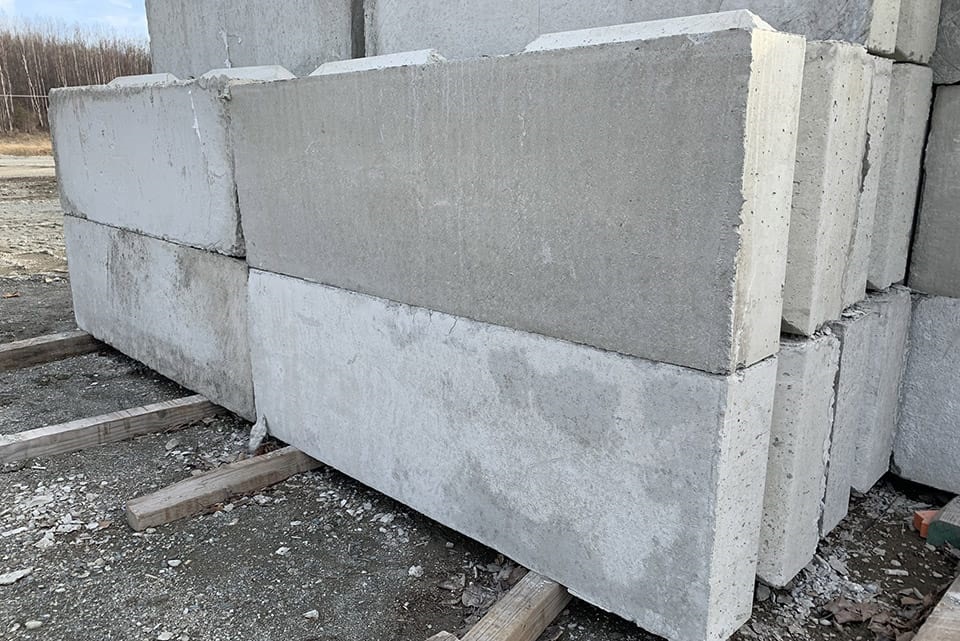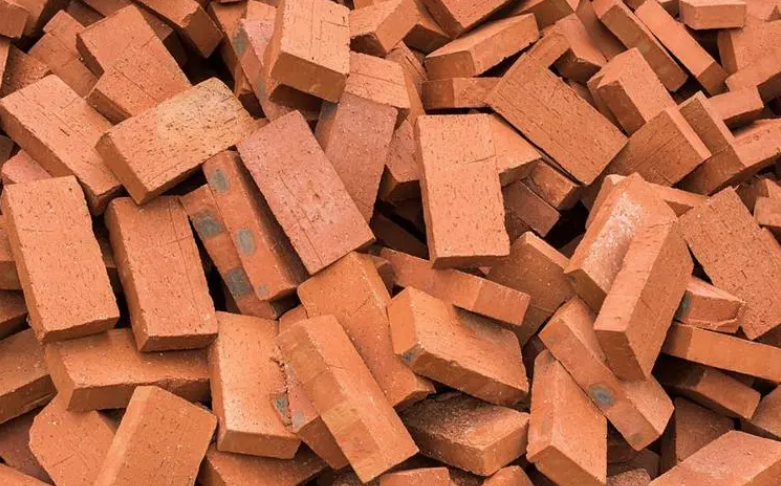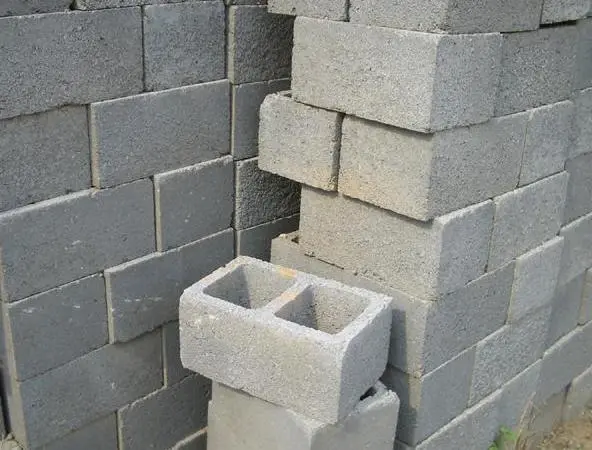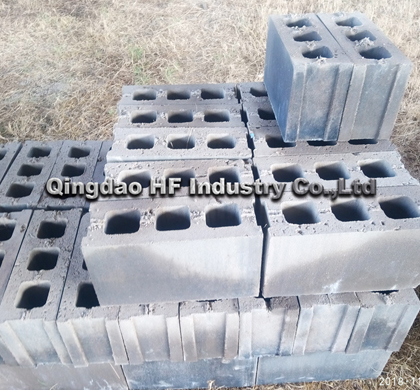The three main types of blocks used in construction are:
Concrete Blocks: Concrete blocks, also known as concrete masonry units (CMUs), are commonly used in construction. They are made from a mixture of cement, aggregate (such as sand or gravel), and water, which is poured into molds and allowed to cure. Concrete blocks come in various sizes and shapes, and they provide strength and durability to walls and structures.

Clay Bricks: Clay bricks are one of the oldest and most commonly used building materials. They are made from clay or shale that is molded and then fired in a kiln to harden them. Clay bricks are known for their strength, thermal insulation properties, and aesthetic appeal. They are available in different sizes, colors, and textures, making them versatile for various construction applications.

Hollow Blocks: Hollow blocks, also known as hollow concrete blocks or hollow masonry units, are lightweight blocks with hollow cores. They are typically made of concrete or other materials such as fly ash, and they offer advantages such as reduced weight and improved thermal insulation. Hollow blocks are often used for load-bearing walls and partitions in construction, as they provide strength while reducing the overall weight of the structure.

These three types of blocks have their own unique characteristics and applications in construction, and their selection depends on factors such as the specific requirements of the project, structural considerations, cost, and local building regulations.
QT5-15 automatic concrete cement block making machine is our core competence block machine, it is full automatic can make all types of hollow blocks, solid blocks, pavers, curbstones and so on. it adopts our most advanced hydraulic system and vibration system, can ensure the block quality very good and the working noise very low. We cooperated with SIEMENS, SCHNEIDER, OMRON, CALYCA and so on to make sure our block machine with high quality and keep our machine work more stable.


The Molding Vibration Block Machine has a short forming cycle and high production output. The continuous increase in vibration frequency during material feeding and forming vibrations reduces the feeding time by 3 to 4 seconds. The table vibration machine

Brick manufacturing has been an essential part of construction for centuries, providing durable and aesthetically pleasing building materials. However, the process of producing bricks is not without its challenges. As the world becomes more environmentall

Whether for inquiries for inspections and
maintenance, for individual plant optimizations or
extensions, or spare and wear parts.

Our after-sales service is at your disposal for all
questions

Gemini Tower, Block B, Chunyang Road, Chengyang District, Qingdao, China
Show on the Map
We will contact you within 24 hours.